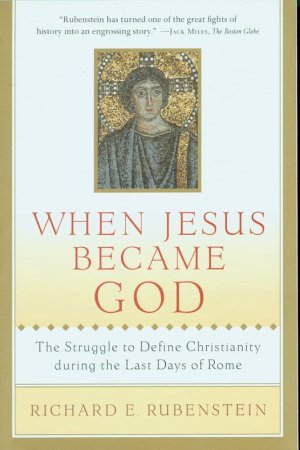Jesus didn't go around saying to everyone "I am the Messiah, I am the Messiah", although He did reveal this to 2 people - the Samaritan woman at the well and the High Priest at His trial before His crucifixion. But why did He not bluntly tell everyone? The answer is quite obvious in Mat. 16:17. Because He wanted His Father to reveal this to people who looked at the evidence, then exercised their faith, and concluded "Jesus IS the Messiah".
By the way, the evidence was and is voluminous, so it really doesn't (and didn't) take a large amount of faith to believe this:
Walking on water
Commanding the wind and the water to hush and be still
Feeding ten to fifteen thousand people with a few fish and a few loaves
Turning water into about 180 gallons of wine.
Raising the dead
Healing the blind, the lame, the lepers, the sick
Casting out demons, in some cases from those who had thousands in them, like the violent, crazy man who lived in the tombs. The demons identified themselves as "Legion"
Etc.
Critics will say, "Oh He only did those things by the power of the Holy Spirit - but His disciples could also do all those things by the same power."
Hogwash! Yes, His disciples did SOME (relatively FEW) of those things, but ONLY because HE HIMSELF gave them the power and authority to do so. Aside from Peter walking on water for a few seconds (because Jesus commanded him to), no other believer in the history of man has done that. Nor has any believer successfully commanded a storm to cease, or changed 180 gallons of water into wine, or fed 15,000 people with a few loaves and a few fish.
But just as Jesus wanted them (and us) to use our faith to believe He was and is the Messiah, even so He wants us to use our faith to believe that He was and is God. So He didn't go around saying: "I am God, I am God".
Also He was not an arrogant blowhard, tooting His own horn. Rather He was humble and meek and yet, He was God in the flesh. John 1:1, 14. There is ample evidence that Jesus is God - we need to humble ourselves and acknowledge it.
But this is a stumbling block for arrogant intellectuals who think they can "prove" that Jesus is not God. Rather than accepting the simple truth of scripture, they want to display their vast intelligence and status as a Bible "scholar" or a Bible "teacher", and thereby gaining the approval and accolades of men.
One common characteristic that I see with those who do not want to acknowledge that Jesus is God - is pride. On the other hand, with those who acknowledge that He is God, I see humility. Obviously there will be exceptions, but that's what I have observed.
Last edited: Today at 8:54 AM
Quote Reply
Report

